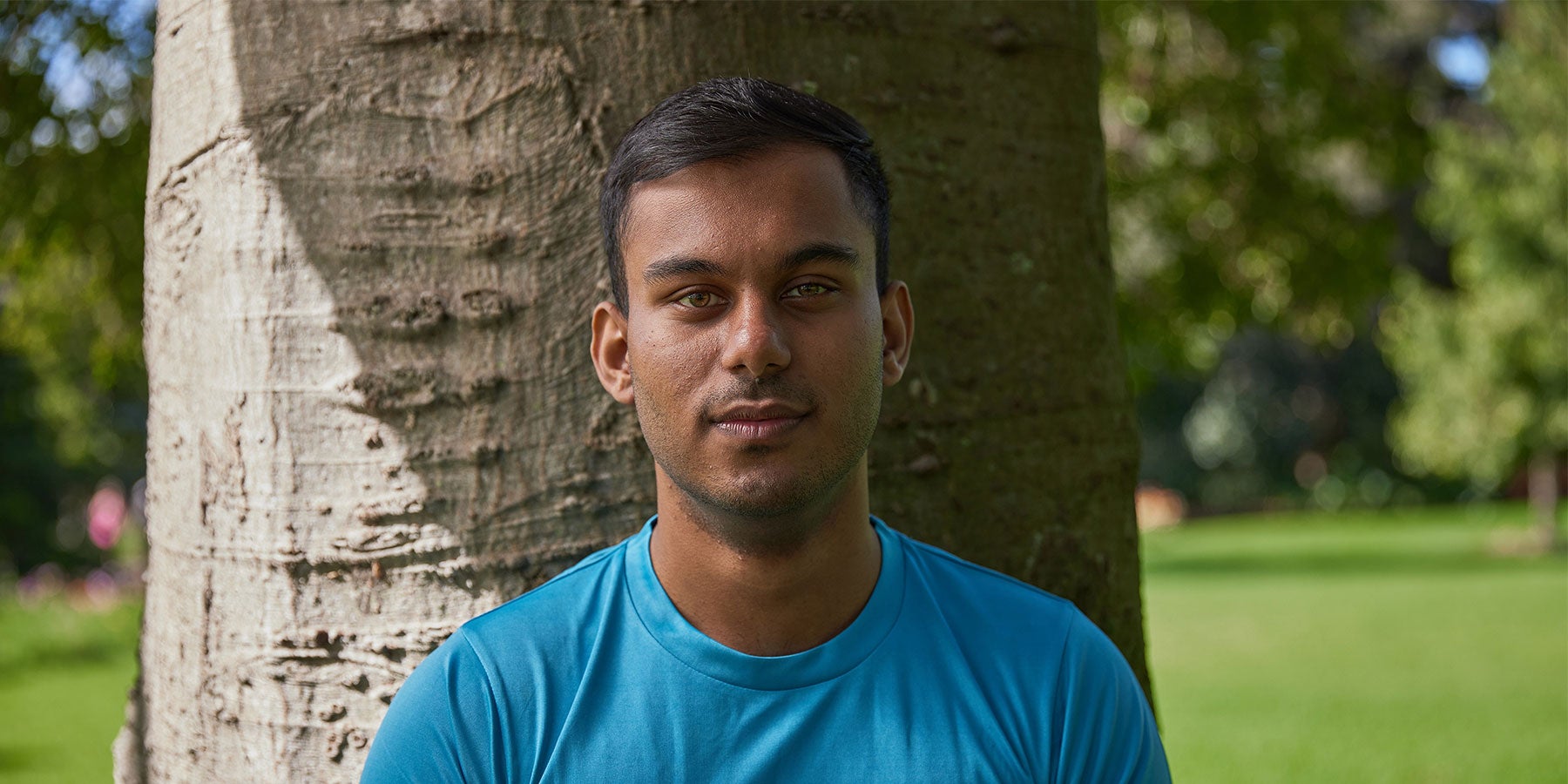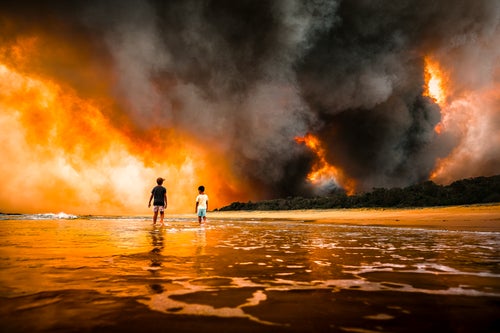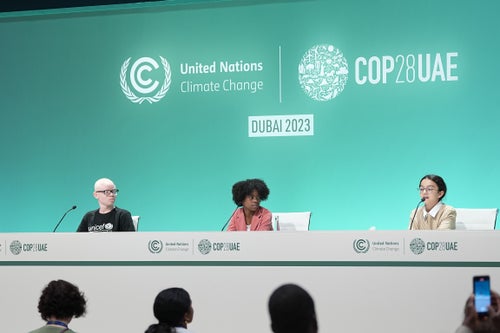A record number of Australians are enrolled to vote in the next Federal election. But what about young people?
About 80,000 people aged between 18 and 24 were added to the electoral roll in just one week.
That’s right – young people care about politics. They want to be engaged. They want to have a say in how our country is run.
Hear from three Young Ambassadors on what issues matter most and the change they’d like to see for children and young people.
Young people want to be listened to
We know young people care about mental health and climate change, but how do we bring about change?
“Young people have a lot to say, but we just need to be elevated and have that voice to make change and take actions,” says Jahin, UNICEF Australia Young Ambassador . The 23-year-old recently spoke on ABC’s The Drum about why we must listen to the voices of children and young people.
This Federal election, UNICEF Australia is calling for a new National Youth Advisory Council to give young people a direct way to work with the Government on the issues impacting them.
The council would be a way for decision makers to ask young people: what's important to you? What change would you want to see?
UNICEF Australia shared our six priorities for kids with the major parties and they have heard our ask to put children and young people first this election. We envision a world where every child and young person is healthy, educated, respected, protected and involved.
We need Australia’s next government to ensure every child and young person thrives and survives and are calling on all sides of politics to make this vision a reality. Learn more here.
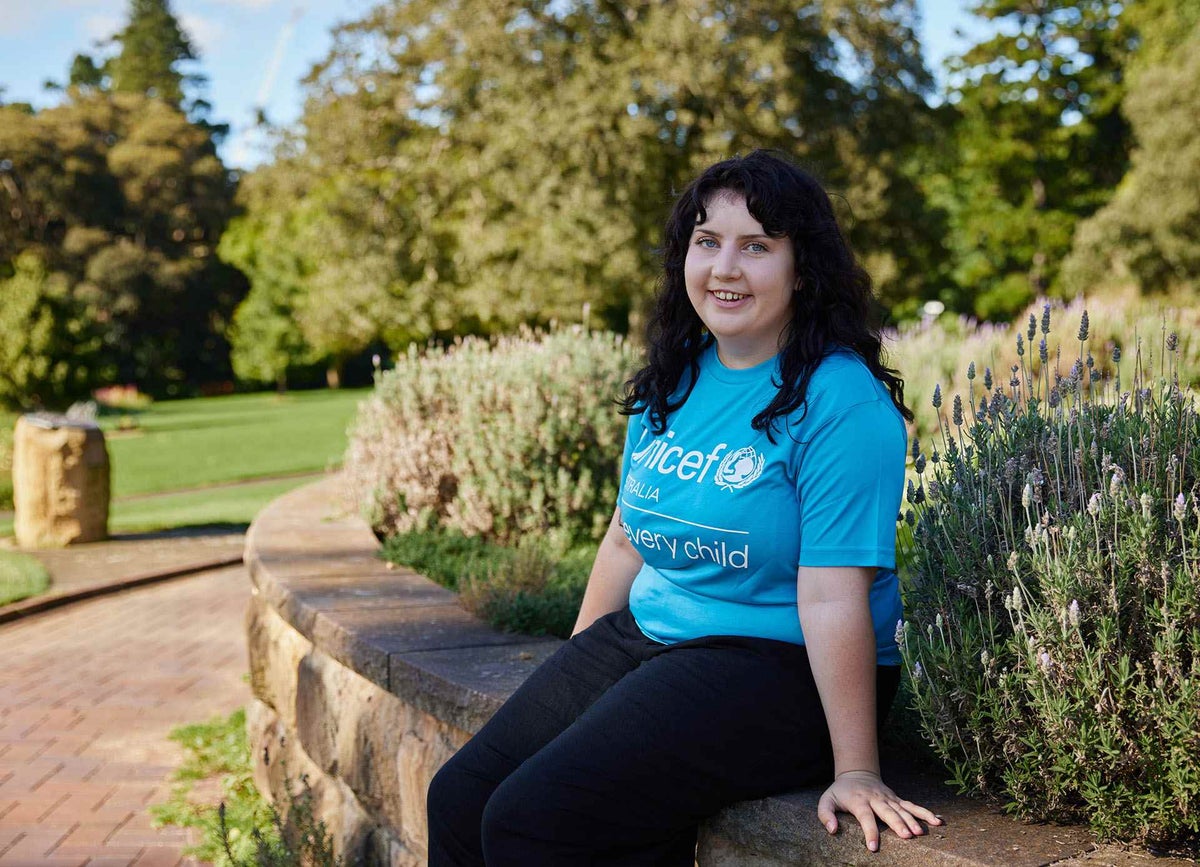
Young people want employment opportunities
This year is the first time Zara will vote in a federal election. A proud Lutruwita woman from Tasmania, Zara has been enrolled to vote since the day she turned 16.
Some people might think that young people don't have enough life experience to be able to contribute to a discussion. But just because they are young doesn't mean they don't understand the big issues.
Zara was five when the global financial crisis hit and her dad lost his job, she told The Examiner.
“I am from a family of four children and my mum had just given birth to my younger brother. I remember how hard those economic conditions were on my family,” says Zara.
“Fast forward to COVID and my mum's work hours were severely cut back, and my dad was unfortunate to lose his job for a second time."
“As an 18-year-old I helped support the family by working to contribute to the family's bills and cost of living.”
Today as a UNICEF Australia Young Ambassador Zara is calling on the successful government to form a National Youth Advisory Council to provide a platform for young people to actively consult on issues and spearhead initiatives.
Zara says we can be instrumental in meaningful change on some of the biggest issues of our generation.
“We only need to remember that people who can make a difference don't only come over the age of 25.”
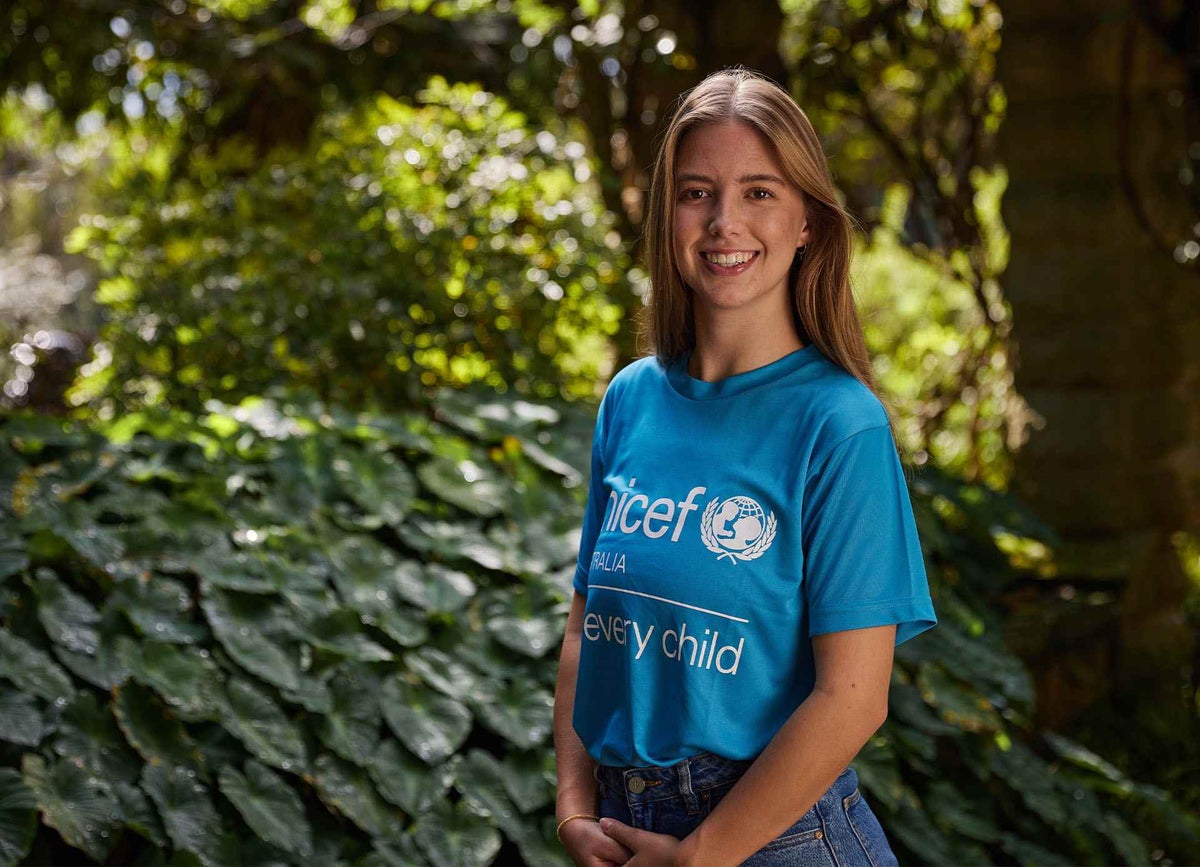
Young people want climate action, now
Children are the least responsible for climate change, yet they are bearing the greatest burden of its impact. In Australia, children and young people have lived through some of the worst bushfires, droughts, and flooding in recent years.
“We hear so much talk amongst young people surrounding climate change,” says Manon, 19, UNICEF Australia Young Ambassador speaking to ABC Radio (Gold Coast). “And in my personal capacity, I strongly feel that we can mitigate climate change if we do something now.”
“I believe that the voices and the perspective that young people can contribute are so compelling and authentic, and very sincere."
Every child and young person deserves to be protected, and that includes from increasing natural disasters. When an emergency strikes, it’s important that we listen to the needs of children during and after the disaster.
In the immediate moments of a disaster, children and young people need safe spaces to play and learn, and access to psychosocial support to recover.
UNICEF Australia has a vision where every child and young person is healthy, educated, respected, protected and involved, and we are calling on all sides of politics to make this vision a reality.
We need Australia’s decision makers to take these crucial first steps:
- A future planned by and for youth
- Improved access to early childhood education and care and wellbeing for families
- Better mental health
- Reduced youth unemployment
- Action on disasters and climate change
- Global pandemic recovery
Related articles
Stay up-to-date on UNICEF's work in Australia and around the world



